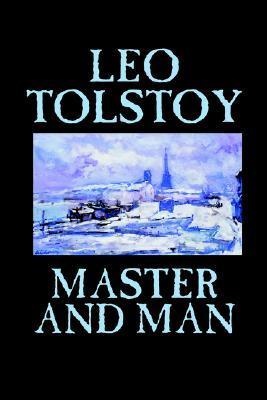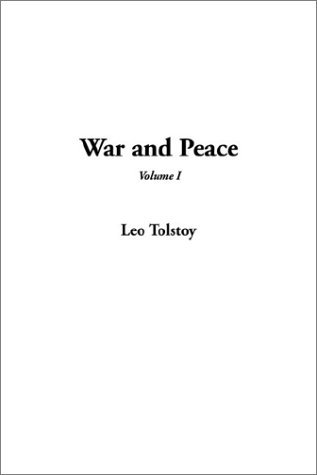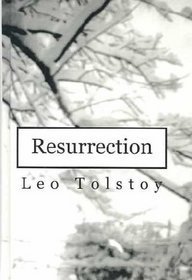
Hadji Murád
Book Description
In a land torn apart by war, loyalty, betrayal, and the quest for freedom collide in a gripping tale of a legendary rebel. Hadji Murád, a fearless Chechen warrior, stands at the crossroads of conflict, torn between his fierce love for his people and the treacherous politics of an invading empire. As he navigates a dangerous world of shifting loyalties and deadly rivalries, every choice could lead to glory or doom. With tension crackling through each page and an unforgettable cast of characters, can Hadji Murád find his path amidst chaos, or will he be consumed by the very war that shapes him?
Quick Book Summary
"Hadji Murád" is Leo Tolstoy’s gripping tale set during the Caucasian War, focusing on the real-life figure Hadji Murád, a renowned Chechen rebel leader. Caught between the Russian Empire and his loyalty to Imam Shamil and the Chechen people, Hadji Murád seeks to protect his family and navigate a brutal landscape of betrayal, shifting alliances, and war. The novel meticulously explores the destructive consequences of imperial ambition and personal vengeance, as well as the humanity and nobility of a legendary warrior doomed by the treacherous politics surrounding him. Through vivid descriptions and psychological depth, Tolstoy examines the tragedy of violent conflict, the fragility of honor, and the complexities of both the oppressors and the oppressed.
Summary of Key Ideas
Table of Contents
The Tragedy of War and Imperialism
Hadji Murád, a celebrated Avar commander, is introduced at a time when the Russian Empire is striving to pacify the fiercely independent peoples of the Caucasus. Caught between Shamil, the spiritual and political leader of the Chechen resistance, and the advancing Russian forces, Hadji Murád seeks asylum with the Russians, hoping their support will save his captive family. He is portrayed as both a formidable warrior and a caring son and husband, embodying the virtues and struggles of his people in a time of relentless conflict.
Loyalty, Betrayal, and Honor
Tolstoy paints a stark portrait of the Russian Empire’s bureaucracy and the dehumanizing effects of colonial warfare. Russian officers are seen grappling with apathy, ambition, and the ethical void inherent in imperial conquest. Their encounters with Hadji Murád are marked by suspicion and cynicism, exemplifying the chasm between rulers and the ruled. Through detailed character studies—most notably of Tsar Nicholas I and General Vorontsov—Tolstoy exposes the moral ambiguities, incompetencies, and personal vanities that drive historical events.
The Costs of Leadership
Central to the novel is the tension between personal loyalty and political pragmatism. Hadji Murád’s decision to defect is motivated by his wish to save his family, even as he is aware of the perilous double-dealing that surrounds him. Meanwhile, the Russians view him as a potential asset while never fully trusting him. The story meticulously illustrates the constant danger of betrayal, the difficulty in distinguishing friend from foe, and the heavy cost borne by those striving to remain honorable in an era of treachery.
Cultural Collision and Identity
Tolstoy’s writing is notable for its vivid landscapes and subtle symbolism. Nature, indifferent yet beautiful, is ever-present—a wildflower trampled underfoot echoes Hadji Murád’s fate, encapsulating the vulnerability of individuals within the gears of war. The novel’s powerful imagery and natural descriptions serve to highlight the existential insignificance of human conflicts, while also underscoring the fleeting beauty and resolve of the human spirit.
Nature as a Reflection of Conflict
As the narrative builds to its tragic end, Hadji Murád's attempts to rescue his family and manipulate both Russian and Chechen factions are thwarted by distrust, political machinations, and fate. His eventual capture and brutal death symbolize the futility of noble struggle against overwhelming power. Through Hadji Murád, Tolstoy crafts a story not only of one man’s valor and downfall but also of the universal human quest for dignity in the face of violence and oppression.
Download This Summary
Get a free PDF of this summary instantly — no email required.





